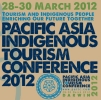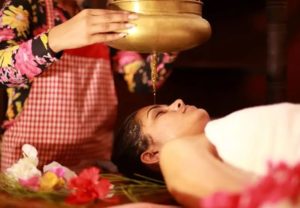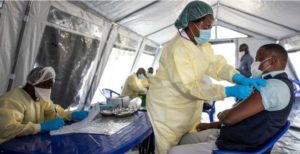The Larrakia Declaration on Indigenous Tourism

Bangkok :The first Pacific Asia Indigenous Tourism Conference was held in Darwin, on the
traditional lands of the Larrakia people on the 28th – 30th March , 2012, where 191
delegates from 16 countries representing Indigenous communities, government
agencies, the tourism industry and supporting bodies, resolved to adopt principles to
guide the development of indigenous tourism through the following declaration.
• Recognising that the United Nations Declaration on the Rights of Indigenous
Peoples, adopted on the 13th September 2007, provides the foundation for
this declaration
• Recognising that often Indigenous people are marginalized, disadvantaged
and remote from the opportunity for social, economic and political
advancement
• Recognising that whilst tourism provides the strongest driver to restore,
protect and promote Indigenous cultures, it has the potential to diminish and
destroy those cultures when improperly developed
• Recognising that as the world becomes increasingly homogenous Indigenous
cultures will become increasingly important for tourism to provide
differentiation, authenticity and the enrichment of visitor experiences.
• Recognising that for indigenous tourism to be successful and sustainable,
Indigenous tourism needs to be based on traditional knowledge, cultures and
practices and it must contribute to the well being of Indigenous communities
and the environment
• Recognising that Indigenous tourism provides a strong vehicle for cultural
understanding, social interaction and peace
• Recognising that universal Indigenous values underpin intergenerational
stewardship of cultural resources and understanding, social interaction and
peace
It is hereby resolved to adopt the following principles; that…
• Respect for customary law and lore, land and water, traditional knowledge,
traditional cultural expressions, cultural heritage that will underpin all
tourism decisions
• Indigenous culture and the land and waters on which it is based will be
protected and promoted through well managed tourism practices and
appropriate interpretation
• Indigenous peoples will determine the extent and nature and organisational
arrangements for their participation in tourism and that governments and
multilateral agencies will support the empowerment of Indigenous people.
• That governments have a duty to consult and accommodate Indigenous
peoples before undertaking decisions on public policy and programs designed
to foster the development of indigenous tourism
• The tourism industry will respect Indigenous intellectual property rights,
cultures and traditional practices, the need for sustainable and equitable
business partnerships and the proper care of the environment and
communities that support them
• That equitable partnerships between the tourism industry and Indigenous
people will include the sharing of cultural awareness and skills development
which support the well-being of communities and enable enhancement of
individual livelihoods.
This conference calls on governments and all sections of the tourism industry to
support the leadership shown by the Pacific Asia Travel Association, Tourism NT and
the Australian Tourism Export Council in organising this conference, by building
bridges of partnership and cooperation between Indigenous people and their
tourism industry organisations.
This conference recognises the launch of the World Indigenous Tourism Alliance to
facilitate, advocate and network with each affiliated indigenous tourism body and
with industry, governments and multilateral agencies.-PATA















